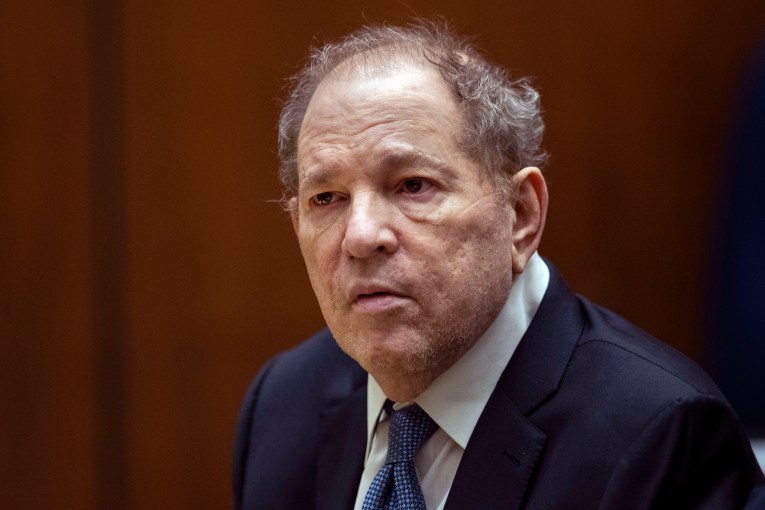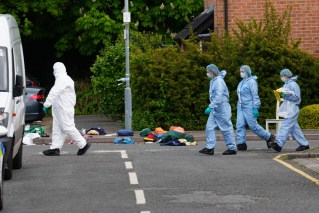France imposes 9pm curfew as Europe faces winter coronavirus resurgence

Paris is among nine cities that will be subject to a nightly curfew as President Emmanuel Macron declares a state of emergency in France.
Starting on Saturday, a third of the country’s 67 million people won’t be allowed to venture outside their homes from 9pm to 6am.
The curfew will apply to Paris and eight metropolitan areas; Marseille, Lyon, Lille, Saint-Etienne, Rouen, Toulouse, Grenoble and Montpellier.
The announcement came shortly after Mr Macron declared a public health state of emergency after nearly 23,000 new infections were recorded – the third time in six days the daily tally has topped 20,000.
People who are outside their houses during the curfew hours must have a good reason, he said. Those who work at night and early in the morning might be able to get exemptions.
“We have to react,” the president said in a televised speech.
Mr Macron said although a second wave was “worrying”, France had not yet “lost control” of the pandemic.
European countries had already started closing schools and cancelling surgeries as overwhelmed authorities face their nightmare scenario of a COVID-19 resurgence right before the onset of winter.
Most European nations eased lockdowns during the northern summer to start reviving economies already heading for unprecedented downturns and job losses from the pandemic’s first wave.
But the return of normal activity – from packed restaurants to new university terms – fuelled a sharply-rising spike in cases all over the continent.
Bars and pubs were among the first to shut or face earlier closing in the new lockdowns.
The Czech Republic, which has Europe’s worst rate per capita, has shifted schools to distance learning and hospitals started cutting non-urgent medical procedures to free up beds. Bars, restaurants and clubs have shut.
Moscow authorities said on Wednesday they would introduce online learning for many Russian students from Monday. Northern Ireland has announced a two-week schools’ closure.
Major European economies of Germany, Britain and France have so far resisted pressure to close schools, a move that created hardship across the workforce during the spring lockdowns, as parents struggled to juggle child care and work from home.
In Germany, politicians are debating whether to extend the Christmas-New Year break to reduce contagion among children spreading to the wider community, though critics say there is no evidence that schools have been infection hot spots.
The Netherlands returned to “partial lockdown” on Wednesday, closing bars and restaurants, but kept schools open.
European daily infections are at an average of almost 100,000 a day, prompting governments to tighten various restrictions, each attempting the delicate balance of protecting health without destroying livelihoods.
-with AAP








